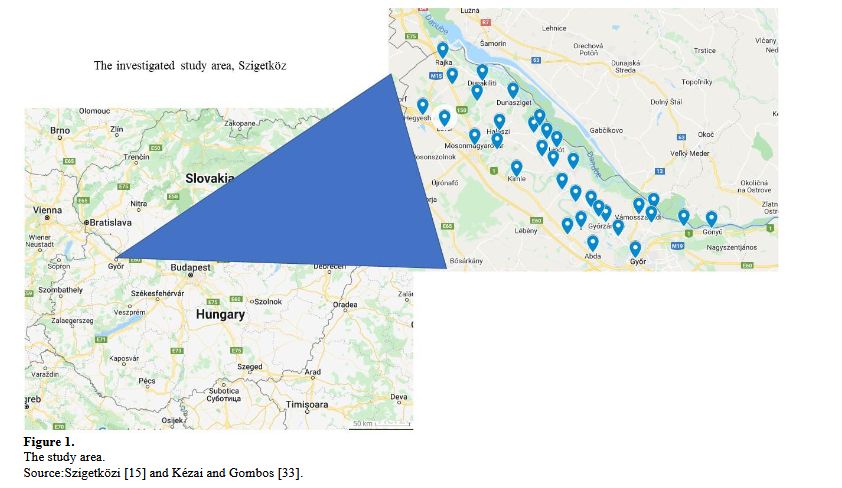
The presentation will take place in a hybrid format via zoom interface and in person in room K.11-12; 29 February 2024 from 13:00.
Abstract: We introduce a novel climate coalition formation game in continuous time. The model makes the negotiation process during which countries join the coalition explicit. This yields a more realistic description of actual negotiations than previous models, and offers a resolution to the so-called “Paradox of International Agreements” (Kolstad and Toman 2005), according to which climate cooperation fails to deliver substantial welfare gains when countries’ participation decisions are voluntary. We argue that this paradox builds on an overly restrictive framework where all participation decisions are taken simultaneously. In our model, countries are free to decide whether and when to join the coalition. This allows for the formation of large coalitions, including the grand coalition, in equilibrium. Using mixed strategies, our model also offers an explanation for delays in climate negotiations, as well as for their possible failure on the equilibrium path.
Bio: Leanne Streekstra is a Postdoctoral Fellow at Fernuniversität Hagen in Germany. Her main areas of research interest are in microeconomic theory, game theory, fair allocations and mechanism design. In particular her current works are focusing on applying cooperative game theory and continuous time games to network related problems, sustainability and supply chains.







